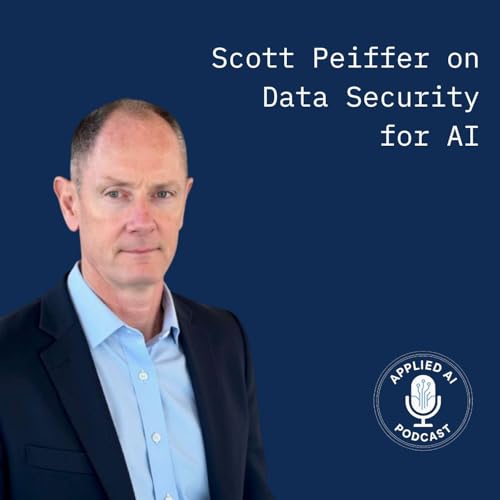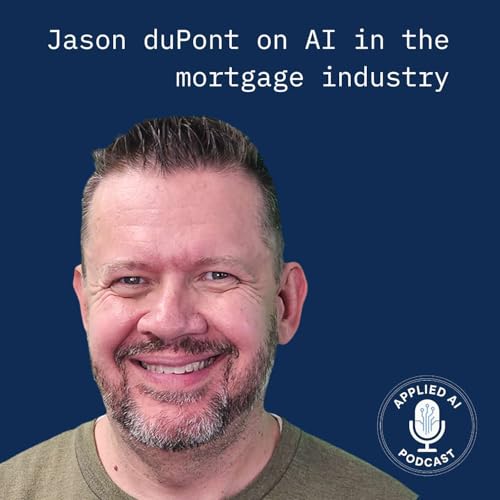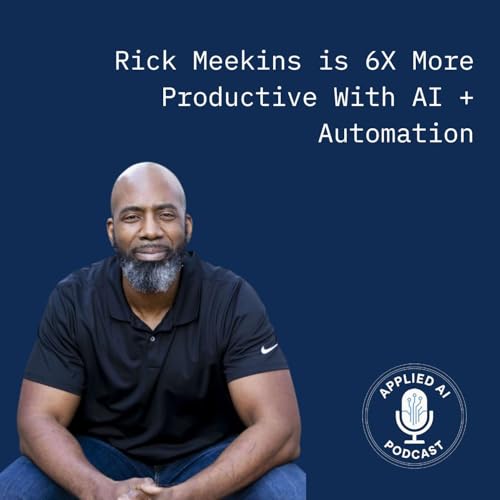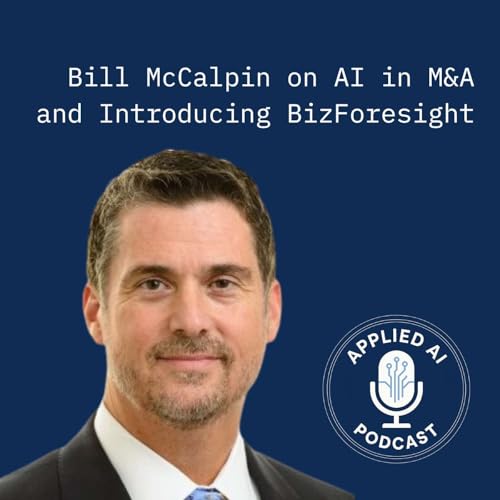Dr. Alexandra Pasi (Lucidity Sciences) joins Talbot West CEO Jacob Andra to explore why conflating AI with large language models creates blind spots in enterprise technology strategy. With 15 years in machine learning, Dr. Pasi brings mathematical rigor to practical AI deployment.
Key discussion topics
Jacob identifies the linguistic synecdoche in AI discourse: taking LLM characteristics like hallucination and incorrectly applying them to all AI. Dr. Pasi expands on this, explaining that LLMs are just one application of AI to language data. The broader landscape includes supervised learning, computer vision, anomaly detection, and time series forecasting that operate on different principles.
When Jacob presents real-world scenarios, Dr. Pasi demonstrates technology selection. For supply chain optimization, she recommends supervised structured learning over LLMs. These problems need historical data analysis and forecasting under new conditions. LLMs lack organizational context and carry irrelevant noise. For structured data in spreadsheets or databases, specialized models outperform language models.
The generalizability problem
Dr. Pasi reveals why machine learning often fails: models excel on training data but collapse in production. Auto ML combines multiple models for good initial fit but poor generalization. Her company's AF1 technology addresses this through new mathematical frameworks that find non-linear patterns traditional algorithms miss.
Three implementations demonstrate this approach. In clinical care, AF1 predicts ICU pressure injuries better than 80 Auto ML models combined. Financial trading applications find actual market dynamics rather than historical coincidences. Particle physics implementations detect rare events without losing signal in noise.
Digital transformation insights
Organizations miss opportunities by automating tasks without questioning why they exist. Dr. Pasi explains how companies created siloed roles that now reveal workflow gaps when automated. The real value comes from reorganizing information flow, not just automating existing processes.
For problems without historical data, she describes using directed acyclic graphs to map causality, then generating synthetic data with controlled variations. This enables simulation and optimization without costly real-world experiments.
Practical implementation guidance
Both experts emphasize starting with business problems, not technology. Many challenges need basic algebra, not complex AI. Dr. Pasi advocates explicit modeling for understood problems, adding machine learning only where external variables create uncertainty.
She addresses risk concerns, noting hallucination affects only certain AI types, not supervised learning on structured data. Warning against compute-heavy solutions with surprise cloud bills, she recommends lightweight alternatives that maintain accuracy while enabling edge deployment on mobile devices and wearables.
Success requires identifying where AI impacts the P&L. The best executed project means nothing without clear financial outcomes or defined steps in a roadmap showing ROI.
About The Applied AI Podcast
The Applied AI Podcast delivers practical AI implementation guidance for enterprise, government, and defense sectors. Produced by Talbot West, episodes feature practitioners deploying AI in production, translating capabilities into business outcomes.
Subscribe at https://appliedaipod.com Learn more at talbotwest.com
#AppliedAI #MachineLearning #EnterpriseAI #StructuredData #SupervisedLearning #ComposableAI #ModularAI #AIStrategy #DigitalTransformation #PredictiveAnalytics
 32 分
32 分 39 分
39 分 2025/09/1641 分
2025/09/1641 分 28 分
28 分 53 分
53 分 45 分
45 分 40 分
40 分 2025/08/212 分
2025/08/212 分

